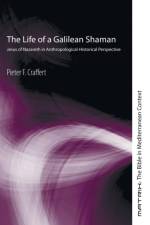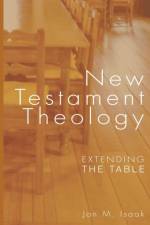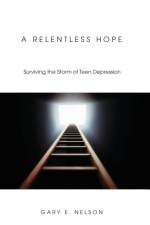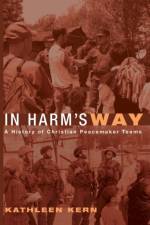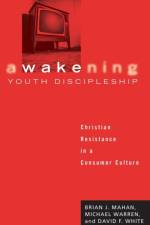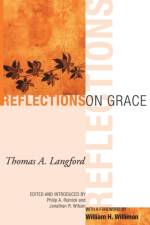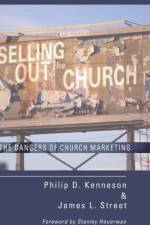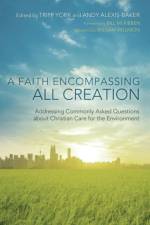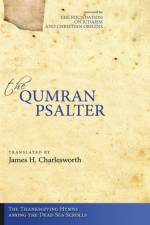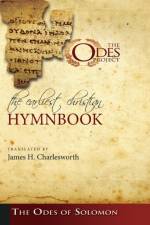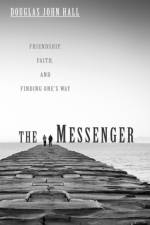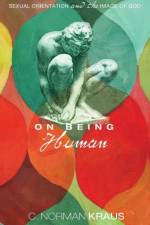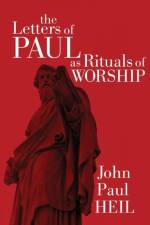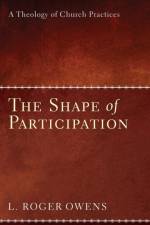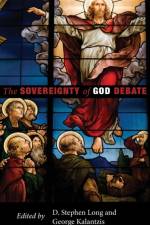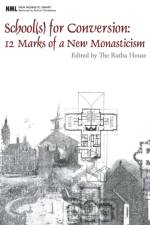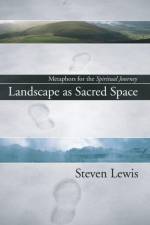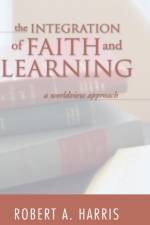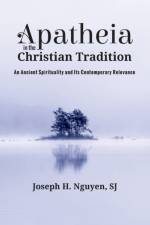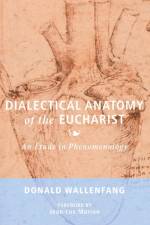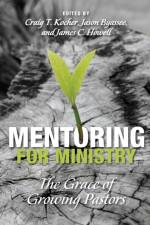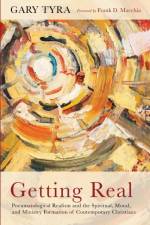av Professor of Theology Michael Warren, Brian J Mahan & David F White
485
Youth ministry has increasingly lost touch with its origins in the way of Jesus and the social practices intrinsic to Christian discipleship, and has instead substituted layers of ""Jesus talk,"" middle class values, fun and games, and doses of ""warm fellow-feeling."" Awakening Youth Discipleship articulates the history of this domestication of youth and ministry. Mahan, Warren, and White tell a story of the ways in which our society has colluded to shape a domesticated adolescence. The authors believe a Christian response to this challenge must be multilevel, addressing the problem at three levels--society, church, and individual. The authors propose reclaiming practices of discernment that both engage congregations in social awareness and involve individuals in discerning fuller vocational opportunities than those allowed by popular cultural norms.""Awakening Youth Discipleship is a terrific, troublesome, hopeful book, offered with characteristic thoughtfulness by three prophets in our midst. Drawing from decades of teaching and research in youth ministry, Brian Mahan, Michael Warren, and David White make a provocative case for youth ministry that practices, as Daniel Berrigan puts it, ""the upside-down hermeneutics of Jesus Christ."" Awakening Youth Discipleship topples many of youth ministry''s most sacred cows, and offers strategies that help young people (and the rest of us) resist the deformative power of consumerism. These views are seldom voiced in youth ministry--but our ability to reflect Christ to and with young people absolutely depends upon hearing them.""--Kenda Creasy Dean, Associate Professor of Youth, Church, and Culture at Princeton Theological Seminary and author of Practicing Passion: Youth and the Quest for a Passionate Church (Eerdman) and Youth and the Church of ""Benign Whatever-ism"" (Oxford) ""Brian Mahan, Mike Warren, and David White invite us to engage in an increasingly rare and dangerous spiritual practice: thinking. Why do we define teenagers by what they consume? Why does youth ministry feel like a finishing school for the middle class? Who profits from keeping teenagers nice? Where would Jesus shop? Like Jesus, the authors walk us up the steps of the sacred temples, tune our ears to the clink of the money-changers, and then show us how easily the tables are flipped. Awakening Youth Discipleship is a necessary read if youth workers are going to expose the sanctified greed, passionate advertising, and soulful materialism that keeps all of us, young and old, from entering the freedom of Jesus.""--Mark Yaconelli, author of Contemplative Youth Ministry""Brian, David, and Michael have given us a real gift, a pearl of great price. As a father, a teacher and a consultant, I only wish I had this book years earlier. If, as Rahner said, the church of this century would be a church of mystics, these three guides prove that they are the right people to help us navigate the ''culture tricks'' so that we''re mindful of pouring new wine into new wineskins. This book is a significant contribution for all interested in formation, Christian discipleship and everyday life. This book is also a great read! It made me smile often.""--Michael J. Downey, Australian Youth Minister, author of Digging Deep: Fostering the Spirituality of Young Men""For those of us in youth ministry, this book offers a mirror of sorts. And, as with any good mirror, it offers us an opportunity for reflection. To be honest, if you read it carefully and with an open mind, you will probably be forced to see some facets of the current youth ministry identity that aren''t very flattering. They write honestly, thoughtfully and without condescension, but in these straightforward essays I heard the sounds of some sacred cows being butchered, the tough questions of a thorough Cross-examination (yeah, that Cross), and what I believe were the sounds of my chair as I squirmed a bit. The writer of Proverbs reminds us that ''Faithful are the woun

